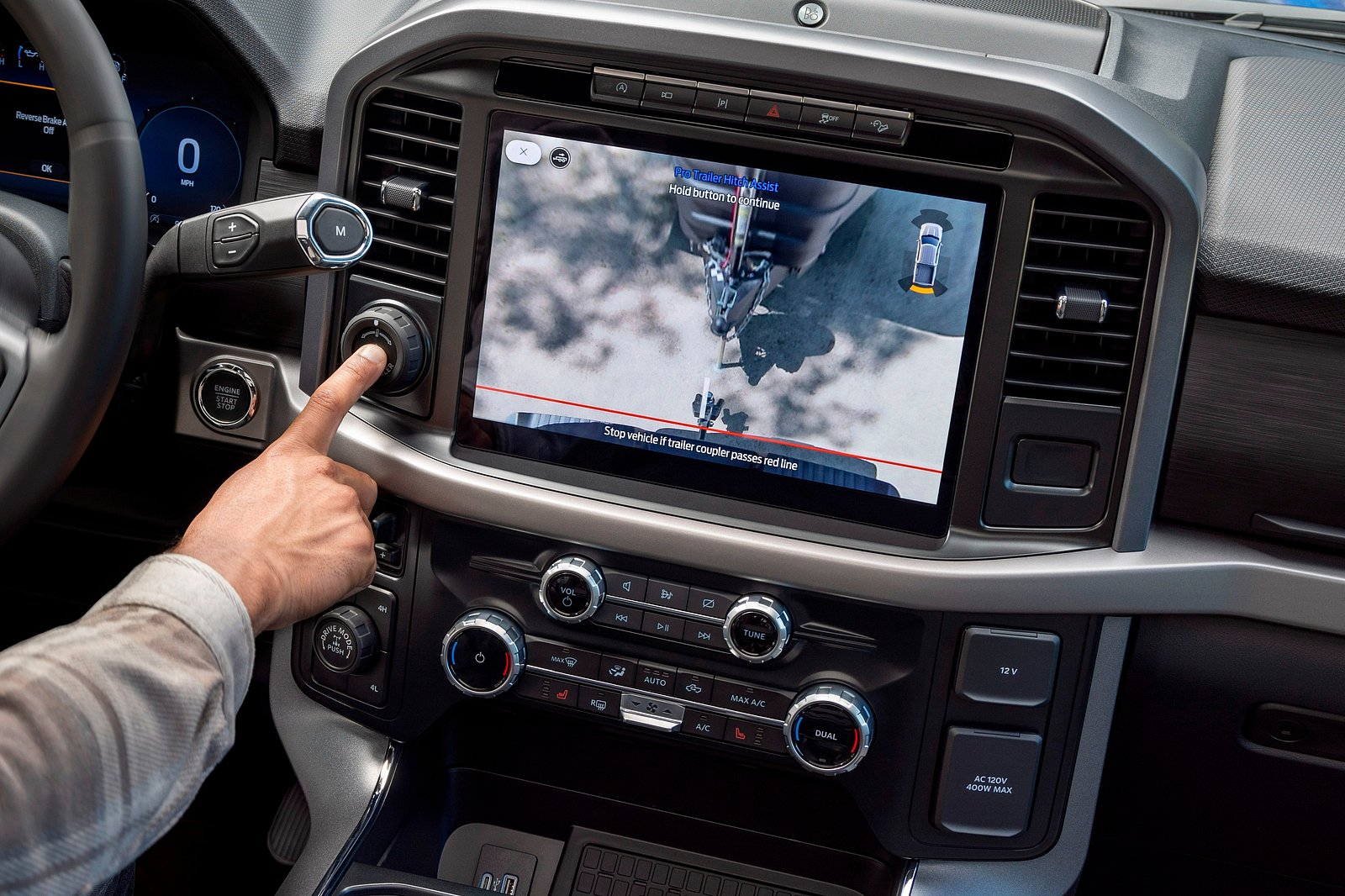We strive to treat year-long test vehicles with care, exploring all the useful features such as vehicle location tracking, remote start, and unlocking via smartphone apps.
While we, as media users, may not have access to vehicle sharing or use-based insurance tracking, we have been benefiting from monthly Recurrent reports on our year-long 2023 Ford F-150 Lightning all-electric pickup truck’s battery health.
Thousands of EVs from various manufacturers are linked to Recurrent, offering valuable insights into factors like cold weather’s impact on battery range and predicting future battery health.
A Disruption in Service
Last fall, Recurrent informed all Ford owners via email that Ford was treating Recurrent’s connection to Ford vehicles as a cyber intrusion, resulting in password resets and effectively disconnecting owners from these platforms.
Unfortunately, this action also disrupted owner access to Ford’s apps, such as remote unlocking and starting, catching some users off guard.
Assigning Responsibility
When we reached out to Ford for clarification, we were informed that Ford considered Recurrent and similar third-party service providers to be extracting data without authorization.
Ford suggested that these providers should have utilized Ford-authorized application programming interfaces (APIs) or software development kits (SDKs) instead.
Ford emphasized the importance of not sharing vehicle username and password details with third parties, drawing a parallel with safeguarding personal banking information.

A Different Perspective
While Ford’s position seems reasonable, we spoke with Recurrent, who directed us to their connectivity vendor, Smart Car. This startup offers a single API that integrates with vehicle connectivity software across multiple brands, enabling various apps and services.
Smartcar’s CEO, Sahas Katta, shared insights into their efforts to collaborate with Ford over the years, suggesting a reluctance on Ford’s part to grant direct access to data that might challenge its marketing claims or advertising.
The Challenge of Collaboration
Katta also highlighted the issue of leadership changes within Ford’s departments, leading to shifts in the company’s approach to data usage.
He believes that Ford, like Volkswagen Group, may be wary of sharing software intellectual property with aftermarket service providers. However, Smartcar asserts that it does not retain any data and ensures full anonymization when its client companies aggregate data.
Navigating the Road Ahead
Ultimately, fostering collaboration through OEM APIs or SDKs could lead to better aftermarket products and services, ensuring compatibility and timely updates.
Companies utilizing APIs or SDKs gain advance notice of changes, allowing for synchronized revisions. While the current landscape may seem challenging, progress toward improved connectivity and user experience remains the goal.
As we navigate the evolving realm of software-defined vehicles, we anticipate advancements that benefit all stakeholders. Despite the current hurdles, we remain optimistic that future developments will enhance products and services.
For now, users may need to adjust to temporary disruptions in connected vehicle services while stakeholders work towards mutually beneficial solutions.
Also read: Ford Recalls 2023-2024 Bronco For Hardtop Window Detachment

